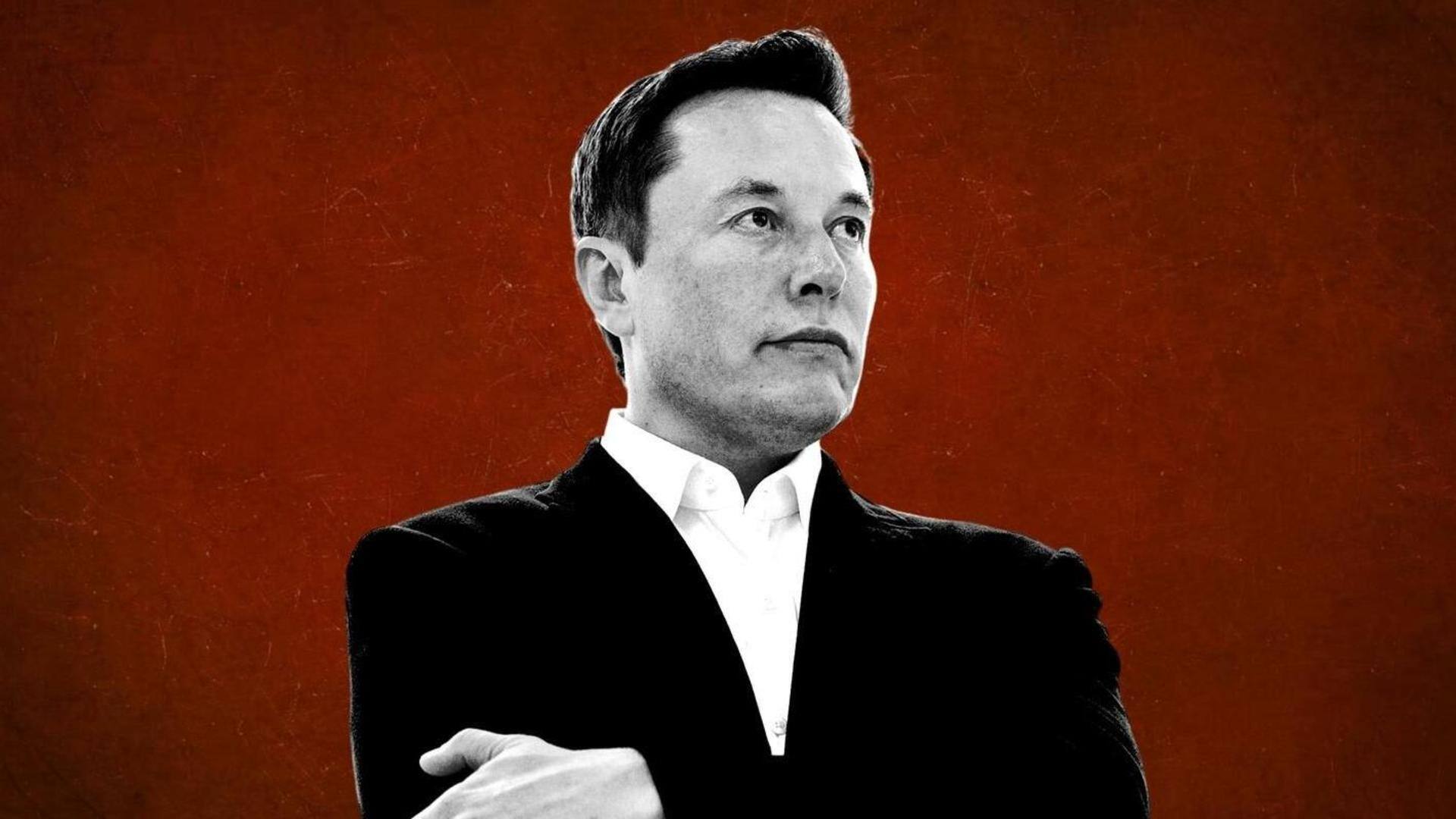
Here's what Elon Musk thinks about AI, blue tick, censorship
What's the story
Elon Musk is a perennial headline grabber. The outspoken leader of Twitter, Tesla, SpaceX and other companies, is rarely away from controversy. In a surprise interview with BBC's James Clayton, the billionaire spoke about several topics, including Twitter, AI, misinformation, and censorship, among others. An interview with Musk is not complete without him grilling the interviewer. This one had that too.
Owning Twitter 'hasn't been some kind of a party': Musk
For the first time since he acquired Twitter, Musk said why he did so. According to him, he went ahead with the acquisition because a judge would have forced him to do so anyway. When asked whether he has any regrets about buying the company, he said the "pain level has been extremely high, this hasn't been some kind of party."
Sell or not?
Musk won't sell Twitter even if he gets $44bn
Musk revealed he wanted to pay less for Twitter after discovering a huge number of automated bots. If that's the case, will Musk sell Twitter if he receives what he paid for the company? The Twitter CEO said he wouldn't sell the company even if he gets $44 billion. He would sell only if the new buyer is committed to telling the truth.
Finances
Advertisers have come back or will return, says Musk
The billionaire also spoke about Twitter's finances. He said the company is now "roughly breaking even." One of the biggest problems Twitter faced after Musk's takeover was the advertiser fallout. Musk said all of them have either come back or have promised to come back. It is not clear how true that statement is. Reports have suggested a steep fall in Twitter's ad revenue.
Blue tick
Legacy blue ticks will be gone by next week
By now, everyone knows the biggest change Musk made as Twitter's CEO - he has ended legacy blue ticks and made verification a paid feature. When the interviewer mentioned the New York Times losing its blue tick verification, Musk said, "It's a small amount of money, I don't know what their problem is." Musk added legacy blue ticks would be gone by next week.
Misinformation
Musk challenged the interviewer to provide example of hateful content
When the interviewer accused of an increase in the amount of "hateful content" on Twitter after Musk's takeover, the entrepreneur asked him to provide an example. If there is no example, the accusation is "false," said Musk. "I'm asking for a single example and you can't name one," the CEO added. Musk challenging the BBC correspondent was a common theme of the interview.
AI
There should be an AI regulatory body: Musk
The interview was not centered around Twitter. Musk also talked about his view on AI. He was part of a group of people who asked AI labs to immediately pause training AI systems more powerful than GPT-4. He said there should be an AI regulatory body "to make sure it doesn't present a danger to the public."
Censorship
What makes something hate speech?
The interview also touched on the topic of censorship. When asked about his stance on free speech on Twitter, he responded with a question. "Who is the arbiter of that?" he asked. He agreed there is a limit when it comes to hate speech, especially when talking about something illegal. According to him, Twitter should not highlight partisan politics.
Interview
Musk talked to users via Twitter Spaces
The interview wasn't just about Musk and the BBC correspondent. The interview was open to viewers on Twitter Spaces as well. There were about three million people following the audio conversation. After the interview was over, Musk talked to users via Twitter Spaces. It was certainly strange for BBC, as the interviewee refused to leave, even after the interview.